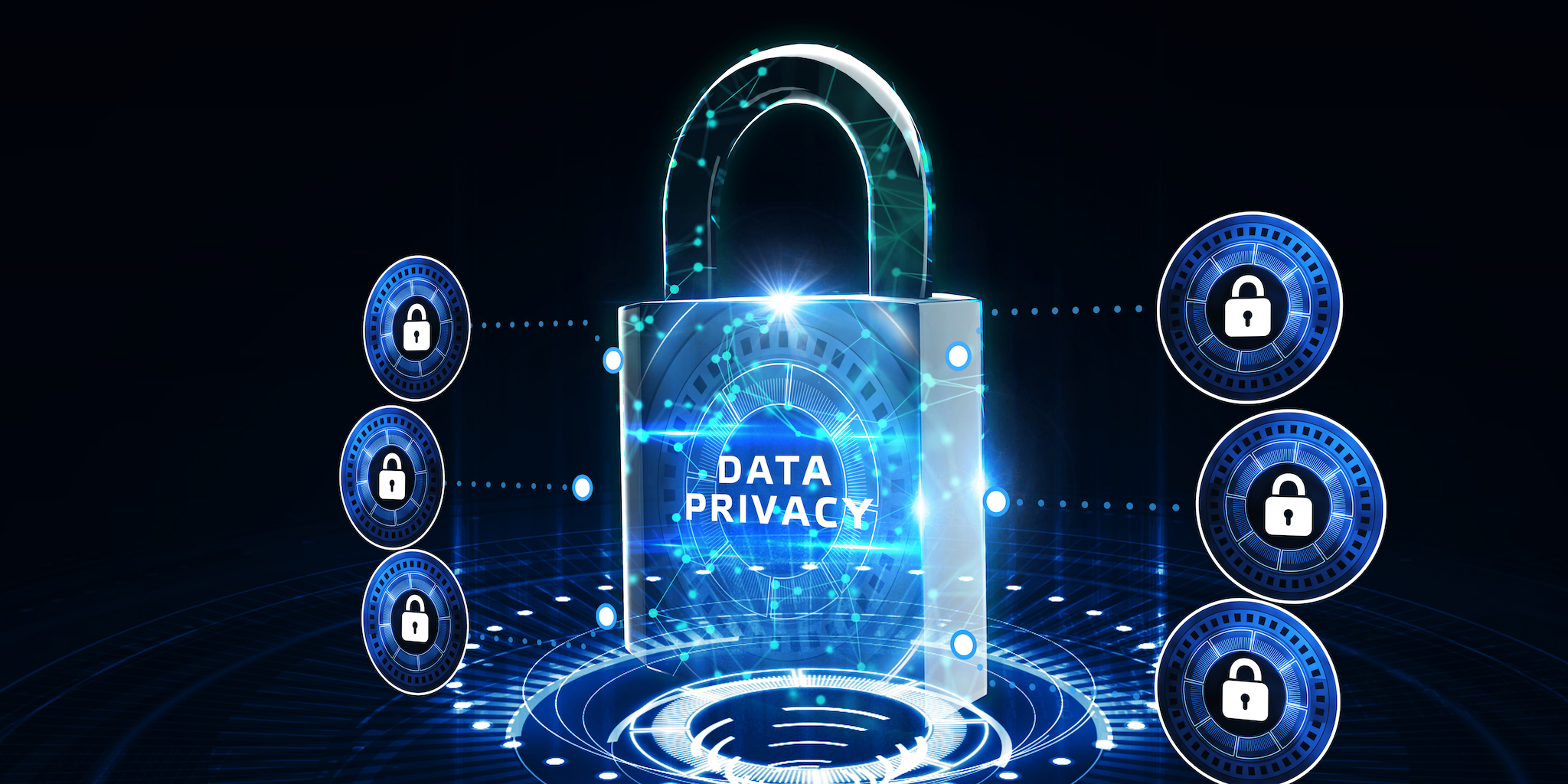Tokenization and Its Benefits for Data Protection

Tokenization is an increasingly popular method used in data security, especially in areas that require the handling of sensitive data like financial transactions. But what exactly is tokenization, and how does it bolster data protection?
What is Tokenization?
Tokenization is the process of substituting a sensitive data element with a non-sensitive equivalent, referred to as a "token." This token has no meaningful value on its own but can be mapped back to the original sensitive data through a specific system. Unlike encryption, where the original data can be retrieved (decrypted) with the appropriate key, tokenizing data is typically irreversible, making it more secure in many scenarios.
Comparison with Other Data Protection Strategies
Tokenization is not distinct from de-identification or anonymization. Their relationship is this: Tokenization is one of several de-identification techniques, and it can aid data anonymization. Anonymization means that an individual is irreversibly no longer identifiable, which requires a lot more than replacing direct identifiers in a data set. For more details, see Privacy Enhancing Data De-Identification Framework – ISO/IEC 27559:2022(E). Tokenization can be one important step towards anonymization. Pseudonymization is defined differently in different data protection laws but generally it denotes a reversible de-identification technique. Hence, tokenization can also be called pseudonymization in certain contexts.
Benefits of Tokenization for Data Protection:
- Enhanced Security: Since tokens do not carry intrinsic value and cannot be mathematically reversed to retrieve the original data without accessing the tokenization system, they offer robust protection against data breaches.
- Reduced Scope of Compliance: In industries like finance, regulations like PCI DSS mandate strict protection of cardholder data. By using tokenization, actual cardholder data is not stored in environments like point-of-sale (POS) systems, thereby reducing the scope of PCI DSS compliance.
- Data Integrity: Tokenization can maintain the format of the original data, ensuring that the tokenized data can still be processed and moved through systems without altering their operational behaviors.
- Flexibility: Tokenization can be applied to various data types, from credit card numbers to personal identification numbers and health record information, making it versatile for different industries.
- Storage Efficiency: Since tokens can be designed to maintain the same format and length as the original data, there's no need for structural changes in databases or applications that store or process such data.
- Protection Against Insider Threats: Even if someone within an organization has access to tokens, without access to the tokenization system, they cannot retrieve the original data. This helps protect sensitive data from potential insider threats.
- Data Sovereignty and Residency Compliance: For global organizations, tokenization can assist with data residency requirements. By tokenizing data and keeping the de-tokenization process (or token vault) within a specific country or region, they can ensure that sensitive data doesn't leave that jurisdiction, complying with local data protection regulations.
- Reduced Risk in Data Sharing: When sharing data with third parties, organizations can share tokens instead of the actual sensitive data. Even if there's a breach on the third-party side, the tokens won't reveal any sensitive information.
How Private AI Can Help
Private AI has solved the difficult problem of detecting personal information, for example health and financial information, in unstructured data. Its powerful ML technology can then replace the identified entities with tokens unique to the text. This works with 99.5+ percent accuracy, for multiple file types and in 52 languages.
Conclusion
In the contemporary digital era, where data breaches are increasingly common, and compliance with data protection regulations is a must, tokenization emerges as a powerful tool. By replacing sensitive data with non-valuable tokens, organizations can enhance security, reduce regulatory scope, and ensure smoother operational processes. As data protection becomes a global priority, tools like tokenization will play an integral role in safeguarding sensitive information.




































































































